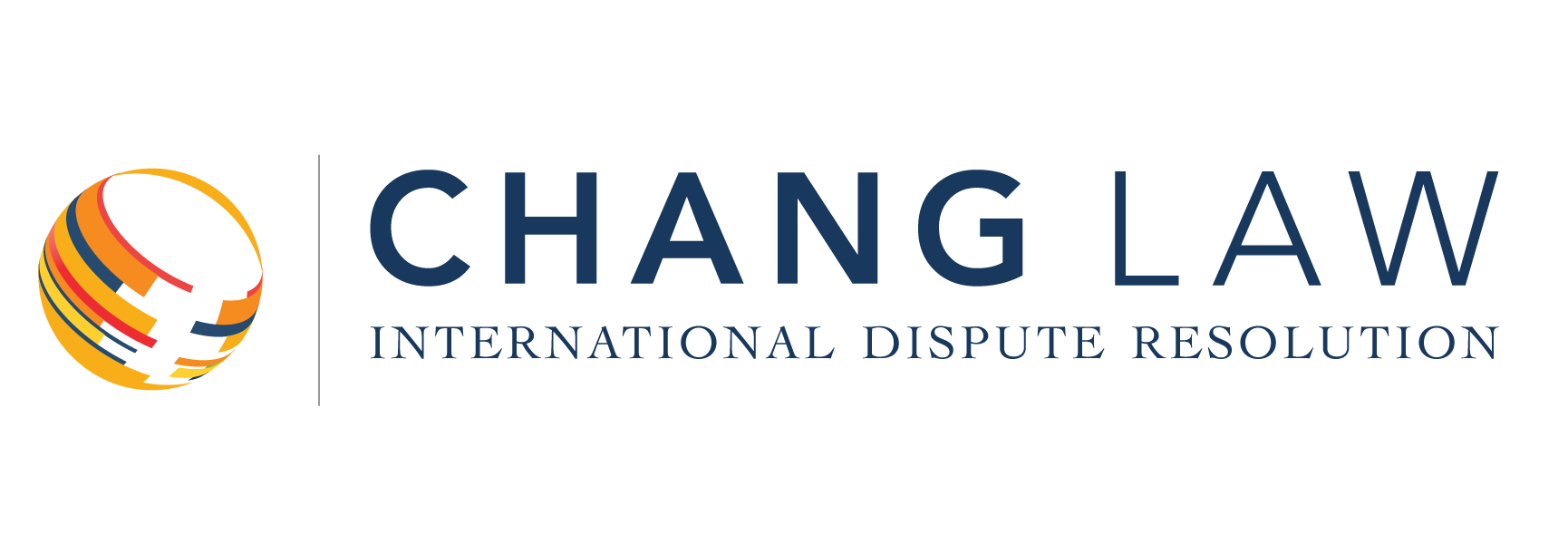
In the Ontario Court of Appeal’s first decision of 2019, the Court unanimously reversed a stay of proceedings and allowed a class action suit to continue within the judicial system, despite an arbitration clause between the parties.
Currently, Uber drivers are considered independent contractors and are not entitled to the protections granted by the Ontario Employment Standards Act (ESA).The case, Heller v. Uber Technologies, Inc., is merely the latest arena in which Uber drivers demand to be classified as employees, who are entitled to statutory benefits under the ESA such as minimum wage, vacation pay, and other protections. However, an arbitration clause included in Uber’s standard employment contract requires all disputes to be decided by private arbitration held in Amsterdam and subject to the laws of the Netherlands. The entry cost of arbitration was about $14,500, even for a minimal claim.
In January 2018, Ontario Superior Court Justice Paul Perell granted Uber’s motion to stay the class action proceedings and held that the drivers were bound by the arbitration clause in their employment agreements. The Court of Appeals recently overruled Justice Perell’s decision by finding that the arbitration agreement is invalid for two reasons: (1) unlawful contracting and (2) unconscionability.
Unlawful Contracting
Assuming that drivers should be classified as employees, an arbitration agreement would abrogate a driver’s right to file complaints to the Ministry of Labour, as allowed under the ESA. An arbitration clause that eliminates a statutory right that the drivers could be granted under the ESA unlawfully contracts around the ESA and is therefore invalid and unenforceable.
Unconscionability
According to the Court, a contract provision is unconscionable when the following four elements are satisfied:
- A grossly unfair and improvident transaction;
- A victim’s lack of independent legal advice or other suitable advice;
- An overwhelming imbalance in bargaining power caused by the victim’s ignorance of business, illiteracy, ignorance of the language of the bargain, blindness, deafness, illness, senility, or similar disability; and
- The other party’s knowingly taking advantage of this vulnerability.
The Court held that all four elements were sufficiently satisfied here because there was no evidence showing that the drivers had access to or received professional advice, comparatively the drivers had no bargaining power against Uber, and it was clear that Uber formed this clause “in order to favour itself and take advantage of drivers.” Therefore, the Court held that the arbitration clause was invalid and unenforceable due to gross unfairness and unconscionability.
It will be interesting to observe whether the reasoning in this decision regarding lack of bargaining power and unconscionability will be primarily contained to the employment sector or will expand and be applied to arbitration clauses in general.
